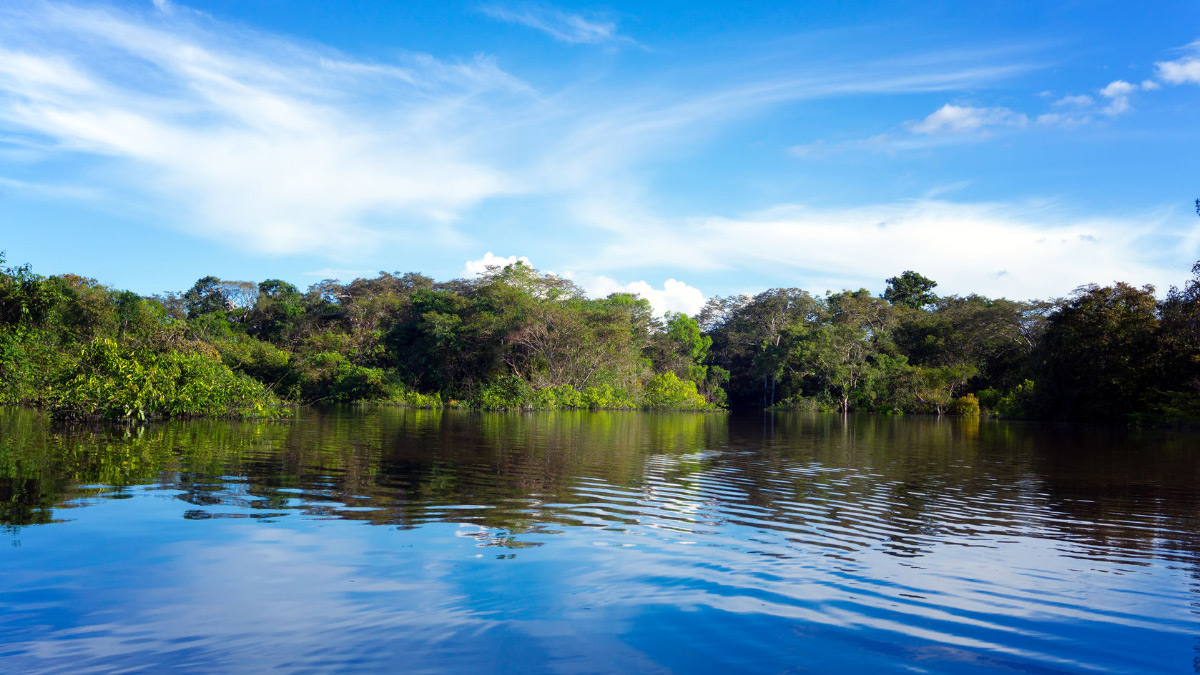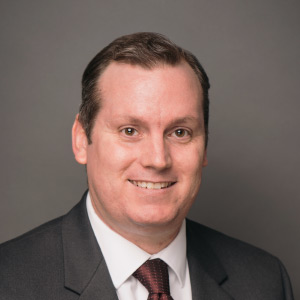Environmental degradation and corruption continue to be major themes of Pope Francis’s papacy, as the pontiff demonstrated in January during his trip to a corner of the Amazon rainforest in Peru. During his visit, the pope referred to Amazonia and its indigenous inhabitants as “the heart of the church,” and spoke of the need to preserve their environment and culture, which have been ravaged by pollution and violence stemming from illegal gold mining, logging and drug trafficking.
Last October, the pope announced that he would convene the Synod of Bishops in 2019—to discuss issues concerning the Amazon region, and especially its indigenous inhabitants. To get to the bottom of the matter, the bishops would be wise to discuss property rights, or, more precisely, the lack thereof. Many indigenous groups have been lobbying the Peruvian government for property rights to ancestral lands to better protect themselves from the effects of black-market mining, and Pope Francis acknowledged the need for them to have a greater say in their future.
Regrettably, Francis has not had much to say thus far about property rights. His sweeping 2015 encyclical, Laudato si’, which addressed environmental problems and poverty, did not really touch on the subject. This is a shame, as strong property rights are critical to significantly alleviating both maladies.
Laudato si’ did call for a dialogue on these important issues, however, and it is in this spirit that my colleagues and I have drawn on lessons from the field of economics to inform and complement the church’s teachings on these subjects in our new book, “Pope Francis and the Caring Society.”
The Catholic Church has generally been supportive of property rights. In his 1891 encyclical, Rerum novarum, for example, Pope Leo XIII “utterly rejected” the socialist idea of “the community of goods” and held that private property rights are an “inviolable” natural right.
One’s land “is only his wages under another form; and, consequently, a man’s little estate thus purchased should be as completely at his full disposal as are the wages he receives for his labor,” Pope Leo asserted. This is an important observation, particularly because biblical and Catholic Church teachings have been strongly protective of one’s justly earned wages.
“Men always work harder and more readily when they work on that which belongs to them; nay, they learn to love the very soil that yields in response to the labor of their hands, not only food to eat, but an abundance of good things for themselves and those that are dear to them,” Leo added.
Despite some contentions to the contrary, private property is essential to protect the environment, too. In Laudato si’, Pope Francis worried that “[c]aring for ecosystems demands far-sightedness, since no one looking for quick and easy profit is truly interested in their preservation.”
But those in search of a “quick and easy profit” are far more likely to be the illegal gold miners of the Amazon, the poachers of threatened wildlife, corrupt officials and the like, not legal property owners. The illegal gold miner would find it much more difficult to plunder and pollute the resources of someone else’s property, and the property owner would have clear legal recourse if he did. Moreover, private property actually encourages people to take a more far-sighted approach to the use of resources because the long-term, ongoing value of land and resources tend to far outweigh the benefits of short-term exploitation.
This is why, for example, there has been catastrophic environmental degradation in Haiti, whereas just on the other side of the border in the Dominican Republic, which has much more robust private property rights, the rate of forest cover is 10 times as great. Similarly, as Brazilian-French economics professor Claudio Araujo and his colleagues have found, “insecure property rights in land drive deforestation in the Brazilian Amazon.”
In short, private property provides the most efficient means of benefiting from the fruits of our labor, the greatest opportunities to improve our standards of living by using and transforming our natural and man-made resources, and the strongest incentives to preserve what we value and have made our own. Incorporating these lessons would help Pope Francis and the church to even better advance the aims of protecting the environment and drastically reducing poverty and corruption.













